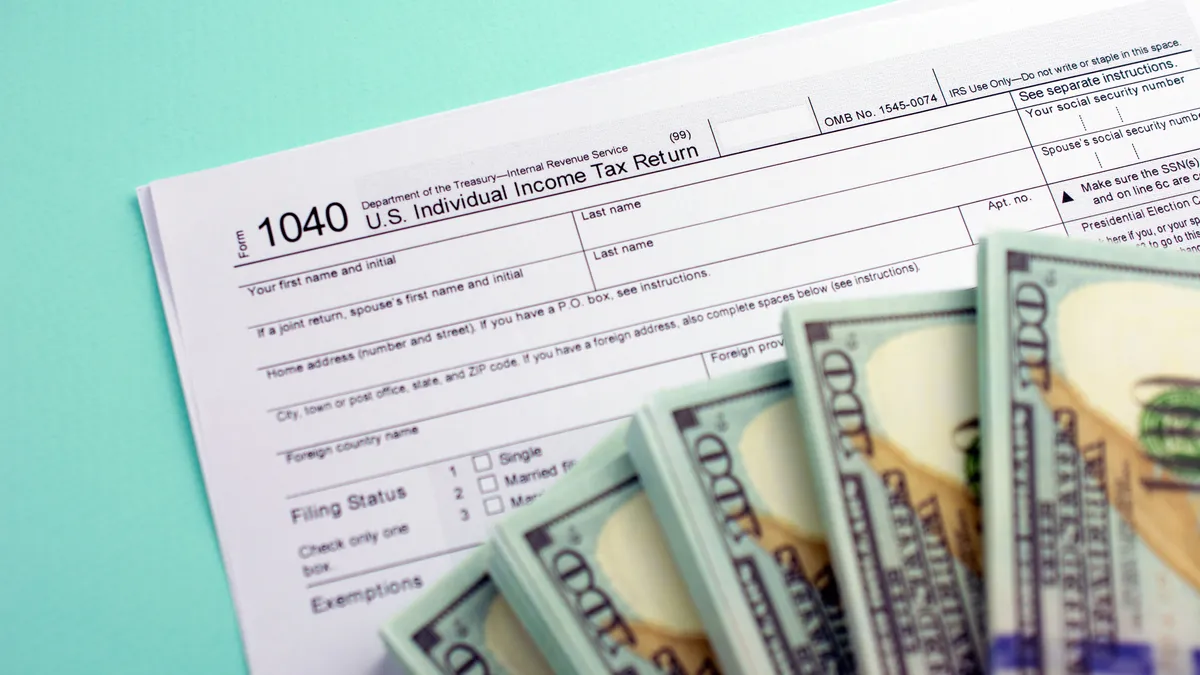
Tax Filing Season is Here. (Photo: MSN)
Tax filing season has arrived. The end of January should have marked the start of your W2s and 1099s being mailed or emailed, which means you can begin to compile your expenses and tax write-offs to offset your income.
Donations to Charities in Cash
If you make a charitable donation by check or credit card, you will usually receive a written receipt that you can deduct from your taxes. If you itemize deductions, those contributions are still tax deductible. Even if you make a small or cash donation to a charity, make every effort to obtain a receipt because all donations are legally tax-deductible.
Military Relocation Costs
Unfortunately for many taxpayers, the moving expense deduction was eliminated in 2018. However, it is still in effect for a specific group of taxpayers, namely Armed Forces members. To qualify for the deduction, you must be on active duty and be ordered by the military to relocate yourself, your spouse, or your dependents due to a permanent change of station.
Payments for Stimulus
The majority of Americans received a series of stimulus payments through direct deposit. If you did not receive them and were eligible, you must claim them during tax filing of the 2020 and/or 2021 tax returns. If you owe more than you owe, the difference will be refunded to you as a tax refund. If you are eligible but have not filed returns for those years, you must do so to receive your credit — even if you do not usually file a tax return.
READ ALSO:2023 IRS Tax Refund Calendar – Here’s What You Need To Know

Tax Filing Season is Here. (Photo: CNBC)
EITC
According to the IRS, the Earned Income Tax Credit is one of the most popular tax credits among Americans, but more than 20% of eligible taxpayers still need to claim it. The EITC is a refundable credit available to low- and moderate-income taxpayers with qualifying children, though some households may be eligible even if they do not have children.
Savings Credit
Most Americans know that if they contribute to an IRA or other retirement account, they may be eligible for a tax deduction. The Retirement Savings Contributions Credit, also known as the Saver’s Credit, is something that many people overlook.
Local and State Taxes
When itemizing deductions, taxpayers can deduct either state and local income or sales taxes. This benefits taxpayers who live in states without an income tax because they can deduct their sales taxes instead.
Housing Costs
Although mortgage interest is a well-known tax deduction, many Americans must know that other housing expenses are tax deductible. You can deduct that cost from your taxes if you pay points to lower your mortgage interest rate.
Taxes on Personal Property
If you’re fed up with paying registration taxes on your car, RV, or boat every year, there’s some relief when filing tax. In most cases, you can deduct the personal property tax paid on these vehicles.
Expensive Medical Bills
Because the deduction for medical expenses only kicks in once you have significant bills, many Americans ignore it.
Credit for Child and Dependent Care
The Child and Dependent Care Credit are widely used, but it has undergone significant changes for the tax year 2021. Because those enhancements have expired, the regular rules will apply for tax filing in 2023.
READ ALSO: Protecting Your Tax Refund: Here’s How




















